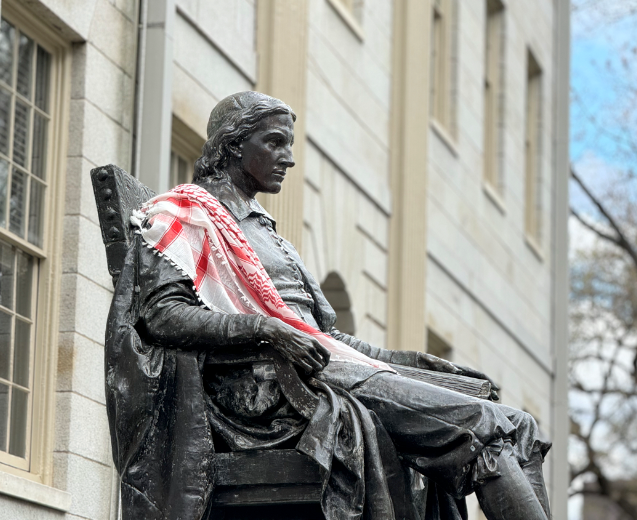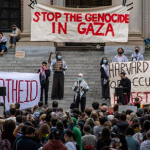Lawsuit Against Harvard to Proceed to the Evidence Stage
Harvard University is now entering the discovery phase in a lawsuit brought on by the Louis D. Brandeis Center for Human Rights Under Law and Jewish Americans for Fairness in Education. The case alleges that Harvard has fostered an environment hostile to Jewish students. This development follows District Judge Richard Stearns’ dismissal of claims that Harvard directly discriminated against Jewish and Israeli students but allowed the broader claims of a hostile educational environment to proceed.
Claims of Hostile Educational Environment
The lawsuit centers around incidents involving Harvard professor Marshall Ganz, who reportedly declined a project by Israeli students describing Israel as a “liberal Jewish democracy,” allegedly accusing them of “white supremacy.” Further allegations claim that these students were coerced into participating in a class exercise on Palestinian solidarity, including a group photo where participants wore keffiyehs. These actions, according to the lawsuit, contributed to a climate of exclusion and hostility on campus.
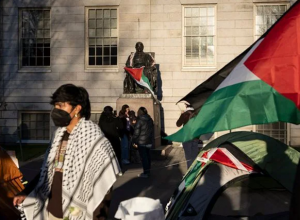
Discovery Phase: A Step Toward Accountability
Kenneth Marcus, founder of the Brandeis Center, welcomed the court’s decision to move forward with discovery, describing it as a vital opportunity to gather evidence. “Attempting to halt discovery was Harvard’s best chance to convince the court that we didn’t have a case, and they failed,” Marcus stated. He emphasized that discovery will enable the plaintiffs to access Harvard’s internal documents, interview key figures, and uncover additional evidence to substantiate their claims.
Escalation of Tensions Post-October 7
The case highlights an increase in antisemitic incidents following the Hamas attacks on October 7. Court documents note that in the aftermath, 31 Harvard student groups issued a statement blaming Israel for the violence. Additionally, pro-Palestinian groups occupied campus buildings, and the Harvard Law School student government passed a resolution accusing Israel of genocide. These actions reportedly exacerbated feelings of vulnerability and isolation among Jewish students.
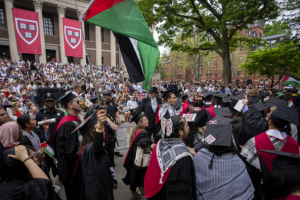
Harvard’s Response
Jason Newton, a Harvard spokesperson, reiterated the university’s stance against antisemitism, stating that the institution has implemented measures to support its Jewish community. These include initiatives to encourage civil dialogue and strengthen disciplinary policies regarding public space usage.
The discovery phase is expected to bring greater transparency to the issues raised, as both sides prepare for trial. For many, the case represents a broader reckoning over how universities handle rising tensions and ensure the safety and inclusion of all students on campus.
